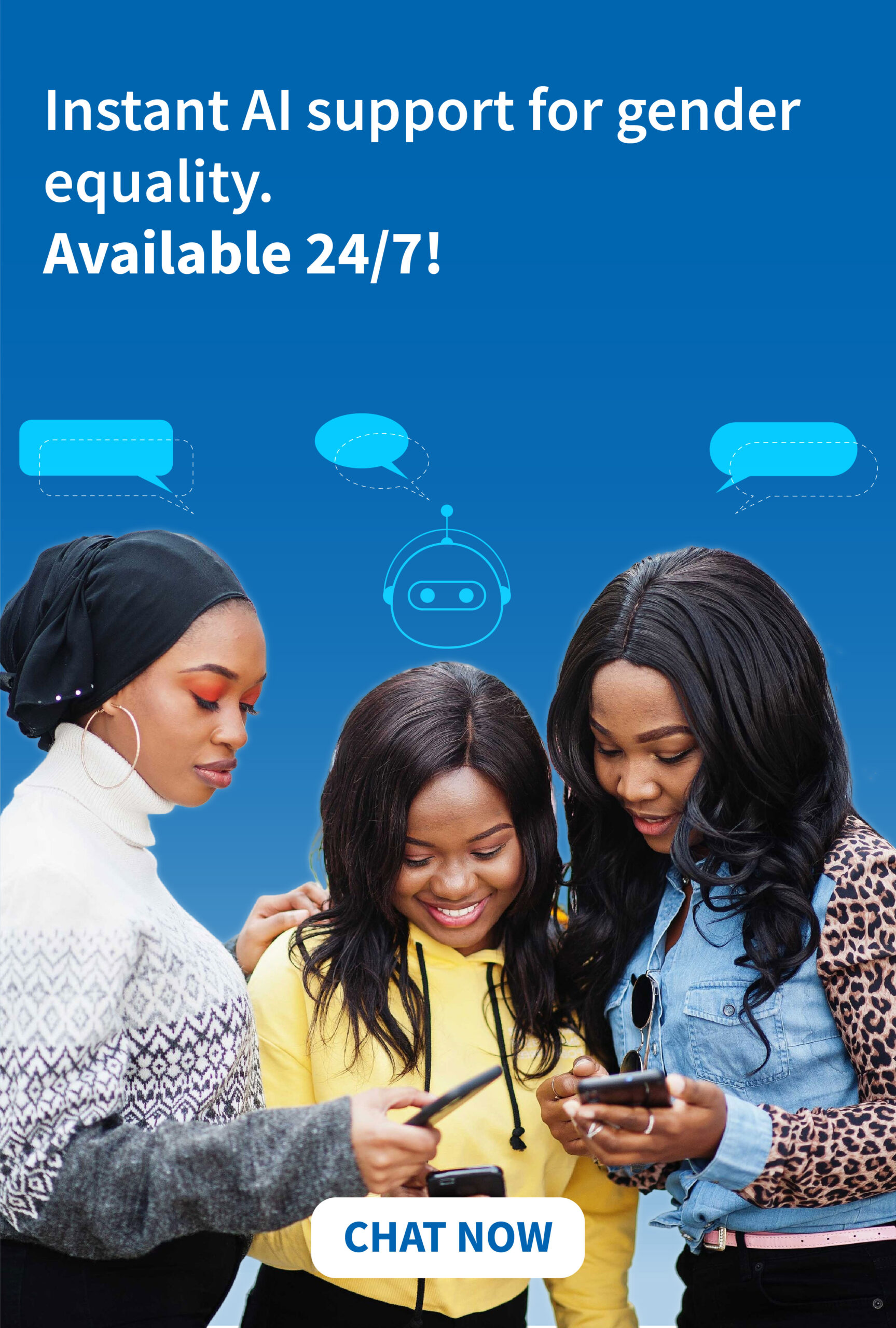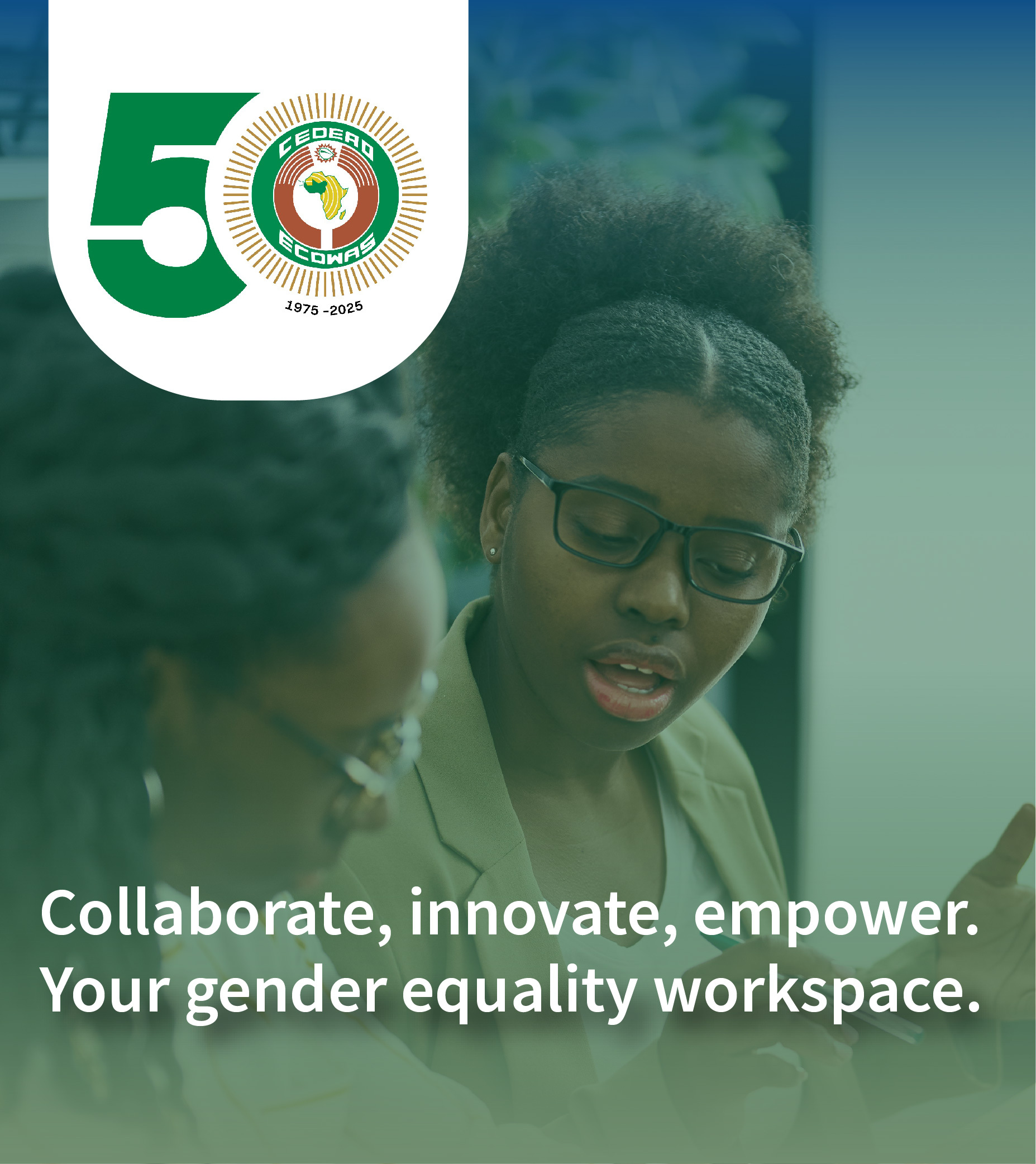Achievement of the ccdg and impacts in the sub-region

The overall objective pursued by EGDC in implementing its strategic plan has been to continue its strategic positioning efforts to respond more effectively to the ever-changing social, economic, and political needs of women and men within the framework of the ECOWAS integration process. The interventions of EGDC in implementing these two (02) programs are carried out through five (05) flagship sub-programs in the fifteen (15) ECOWAS member states: Benin, Burkina Faso, Cape Verde, Côte d’Ivoire, The Gambia, Ghana, Guinea-Bissau, Guinea-Conakry, Liberia, Mali, Niger, Nigeria, Senegal, Sierra Leone, and Togo.
These sub-programs reflect ECOWAS’s efforts to: integrate gender into the development strategies and programs of its member states; ensure equitable access to economic resources and opportunities for women and provide them with control over these resources through capacity building; enhance the visibility of women’s contributions to the regional economy by strengthening their economic capacities; and address peace and security issues.
Financial and Technical Support for National Gender Equality Promotion Mechanisms
EGDC has supported eight ECOWAS member states in formulating national gender policies and aligning their policies with international instruments promoting gender equality and equity.
EGDC has also organized national training workshops on gender analysis, gender-responsive planning, and gender mainstreaming in development strategies and programs of the member states. These workshops have been conducted in all 15 ECOWAS member states for key stakeholders, including gender focal points from sectoral ministries, the ECOWAS national coordination unit, women’s organizations, civil society actors, gender activists, members of parliament, legal professionals, journalists, and private sector operators.
Approximately 1,200 stakeholders have been trained since 2010.
Medical and Financial Support for Women and Girls Suffering from Obstetric Fistula in ECOWAS Member States
EGDC has supported the operation and socio-economic reintegration of approximately 400 women and girls suffering from obstetric fistula (surgical interventions, post-operative care, and socio-economic reintegration programs) since 2012. About 343 women have been healed, and 290 of them have received financial support to ensure their socio-economic reintegration. These interventions have restored dignity and a productive life to the healed women.
The establishment of reference centers for the treatment of obstetric fistula in Côte d’Ivoire, Ghana, Niger, and Senegal now allows affected women to receive treatment in their country of residence, benefit from a supportive family environment for effective healing, and reduce the costs associated with transferring patients abroad.
EGDC, in collaboration with the UNFPA West and Central Africa regional office, has developed a regional action plan for the elimination of obstetric fistula in West Africa. The primary goal of this initiative is to provide a consolidated regional approach to the treatment and eradication of obstetric fistula in the ECOWAS region.
ECOWAS is currently mobilizing its partners for the effective implementation of this action plan.
The rehabilitation of women suffering from obstetric fistula by EGDC has demonstrated its operational capacity to intervene in complex and innovative fields that have historically been under-addressed in the sub-region.
Support for Promoting Girls in Specialized Technical and Vocational Training through Excellence Scholarships
Since 2010, EGDC has awarded an average of 300 annual scholarships to academically gifted but financially disadvantaged girls enrolled in scientific, technical, and vocational fields in the 15 ECOWAS member states. This excellence scholarship program targets fields such as agricultural research, biotechnology, molecular biology, and other specialized technical and professional training programs.
Since 2015, a 20% quota has been allocated to young boys in five pilot countries within the sub-region.
The introduction of excellence scholarships for young girls has significantly contributed to the success of educational policies in member states, where addressing the gender-specific educational needs of disadvantaged groups had become a pressing issue.
Financial and Technical Support for 100 Women’s Micro-Projects in Agricultural, Fisheries, and Handicraft Product Processing
Since 2010, EGDC has provided financial and technical support to 100 micro-projects led by women’s cooperatives engaged in agricultural, fisheries, and handicraft product processing.
This ambitious program is part of the ECOWAS “Zero Hunger” Initiative, which aims to combat food insecurity and poverty, particularly the feminization of poverty in the sub-region.
Support for Peace and Security Processes in the Sub-Region
In 2010, EGDC, in collaboration with the United Nations Office for West Africa, developed a regional action plan for the implementation of UN Security Council Resolutions 1325 and 1820. The primary objective of this action plan was to provide ECOWAS with a regional framework to ensure the active participation of women in conflict resolution processes through capacity building and to protect women and children during armed conflicts. This plan ended in 2015, and ECOWAS and its partners have initiated a process to develop a new regional action plan based on a final evaluation.
Creation of Two Major Civil Society Networks for Integration and Stability in ECOWAS
EGDC was also behind the creation of two major civil society networks whose mission is to support regional integration, political stability, and social cohesion within ECOWAS:
- The West African Network for Peace and Security of Women (REPSFECO).
- The West African Network of Young Women Leaders (ROAJELF).
These two flagship organizations play a crucial role in conflict prevention, peacekeeping and consolidation, mediation, women’s leadership promotion, governance support, and citizenship issues.
The early warning and monitoring systems during West African elections and the missions led by REPSFECO in conflict-affected countries highlight EGDC’s commitment to engaging with communities and civil society actors to address peace and security challenges in the sub-region.
Support for Malian Women’s Action for Peace
Still within the framework of peace and security, EGDC, in collaboration with the Women for Africa Foundation (Spain), launched a project entitled “Malian Women in Action for Peace.”
The primary objective of this project was to strengthen the mediation and peace dialogue skills of Malian women and enhance their project development capacities to promote peace, reconciliation, and inter-community dialogue in Mali.
The project had three key components:
- Stakeholder consultations.
- Needs assessment and mapping of target groups.
- Training in mediation and peace dialogue.
ECOWAS as a Leading Institution in Conflict Prevention and Resolution
Through EGDC’s contributions to peace prevention, peacekeeping, and security consolidation, ECOWAS has positioned itself as a leading institution in the sub-region.
Its inclusive approach to conflict prevention and resolution has made it a key partner for international organizations working on gender integration in their interventions.
Related News
La CEDEAO lance officiellement l’écosystème digital du ccdg à Saly-Portudal, Sénégal
Le Centre de la CEDEAO pour le Développement du Genre (CCDG), sous le leadership de Prof. Fatou SOW SARR, Commissaire...
ECOWAS promotes the gender equality seal for public institutions (GES-PI) within its Bank for Investment and Development (EBID) in Lomé
The Conference Hall of the ECOWAS Bank for Investment and Development (EBID) hosted, on Wednesday 17 December 2025 in Lomé,...
A new stage in the partnership between the ECOWAS gender development centre (EGDC) and the Folke Bernadotte academy to strengthen the peace and security architecture in west Africa
On the 10th of December 2025 in Abuja, Federal Republic of Nigeria, Prof. Fatou SOW SARR, Commissioner for Human Development and...
ECOWAS trains judicial, health and social actors in Liberia on preventing and responding to GBV and sexual harassment in Monrovia
The Economic Community of West African States (ECOWAS), through its Gender Development Centre (EGDC) organised a national training workshop on...
ECOWAS-AECID coordination meeting: reviewing cooperation and planning for 2026
The Economic Community of West African States (ECOWAS) and the Spanish Agency for International Development Cooperation (AECID) held a virtual...




